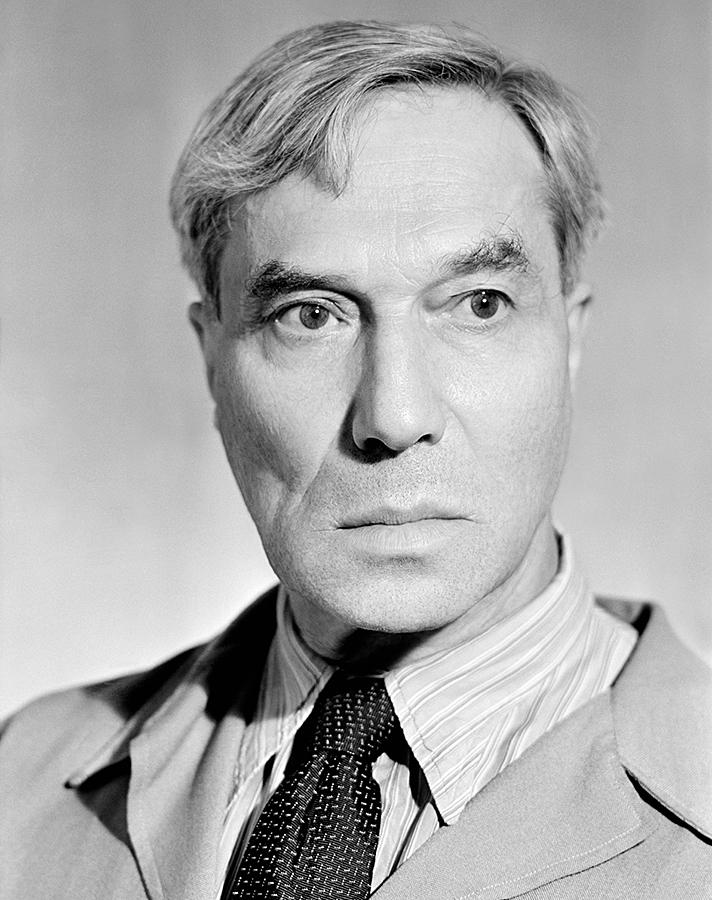Pasternak, Boris (1890-1960), was a Russian poet and fiction writer. In the West, he is best known for his novel Dr. Zhivago (1957). Pasternak was awarded the Nobel Prize for literature in 1958. He accepted the award but then rejected it under pressure from the Soviet government.

Authorities banned Dr. Zhivago in the Soviet Union. The novel was first published in Italy and then was translated into English and many other languages. Zhivago, a Russian physician, experiences the suffering and disorder of his country’s revolutionary period. He cannot accept Communist rule and tries to find happiness in love and in the beauty of nature. The novel contains much autobiographical material. Zhivago is also a poet and his beautiful poems are part of the book.
Boris Leonidovich Pasternak was born on Feb. 10, 1890, in Moscow. He showed great promise in musical composition and philosophy before turning to poetry. His third book of poems, My Sister Life (1922), established his reputation as a major Russian poet. For Russians, his greatness as a poet is paramount.
Pasternak’s poems supported the Russian revolutions of 1905 and 1917, but he did not accept many of the strict doctrines of the Communist Party. During the 1930’s and 1940’s, the Soviet government prohibited the publication of most of Pasternak’s writing. He earned a living by translating poems and plays by foreign writers, including Johann von Goethe and William Shakespeare. In 1957, the Soviet Writers Union expelled Pasternak, which meant that his works could not be published in the Soviet Union. He died on May 30, 1960. The union reinstated him in 1987, almost 27 years after his death. In 1988, Dr. Zhivago was first published in the Soviet Union.
